Tinder Boost - The Next Narcissistic Step In Digital Prostitution
In the next development to dating app Tinder, you can now pay to boost your profile’s visibility to others within the local area for 30 minutes. While ‘Tinder Boost’ is a great win for the bottom line of their business, it’s a step towards greater levels of narcissism and (more frighteningly) depression.
Now before I start, yes - we've all become a bunch of narcissists over the 10+ years of social media usage. This problem does not lie at Tinder’s door, but instead, they are opting to make a profit off it.
How? Well, let’s start with how Tinder works - an artificial form of serendipity. Users work hard to create an online persona that no matter how “real” they say it is, it doesn't represent them wholly… Be that in the pictures they upload or the bio they use.
In a socially connected world, it was a good idea. Tinder built a strong user base, then started to monetize their audience through microtransactions, such as payments for extra swipes and a “premium” service.
Now these elements are fair game. If somebody likes to use Tinder, let them do more of it and pay for the privilege. But I draw an issue with Boost specifically because of two key reasons:
Firstly, you cannot charge for an already fake form of serendipity in good conscious.
I’m not opposed to the chance location-based finding of potential partners, but to increase visibility like this is to greedily tap into some increasingly narcissistic tendencies and make money off them.
And secondly, you can’t pay for people to like you.
Call it digital prostitution, or say I’m overreacting. But this is something I take particular issue with. Tinder is already a shit storm of depression as people base their own self-worth on something as menial as “matches,” but to pay to expand visibility and receive no return is something I amongst others would not be able to handle.
For somebody attractive (like my girlfriend, who I asked about this and just wrote this line about to get some serious brownie points) the difficulty to weed out all of the people she wouldn’t want to see is greatly increased by skewed results.
For somebody unattractive (oh, hi me), this would be an attractive proposition up to the point that I paid to confirm people on Tinder really don’t go for nerds such as myself.
So after this somewhat messy rant, what did we learn?
Well, like it or not, Tinder’s going to make some serious coin off this. But with World Mental Health Day in mind, this is really not good for mental health.
Please stop profiting from low levels of self-confidence. Something about that, to me, just seems a tad wrong.


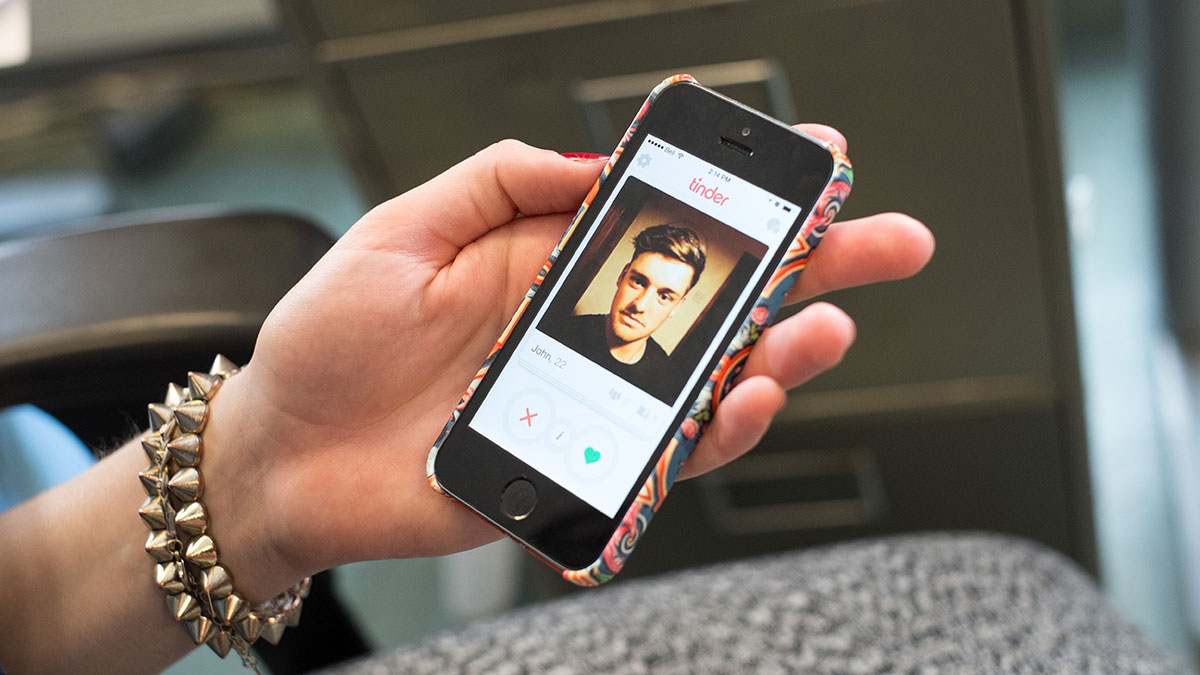

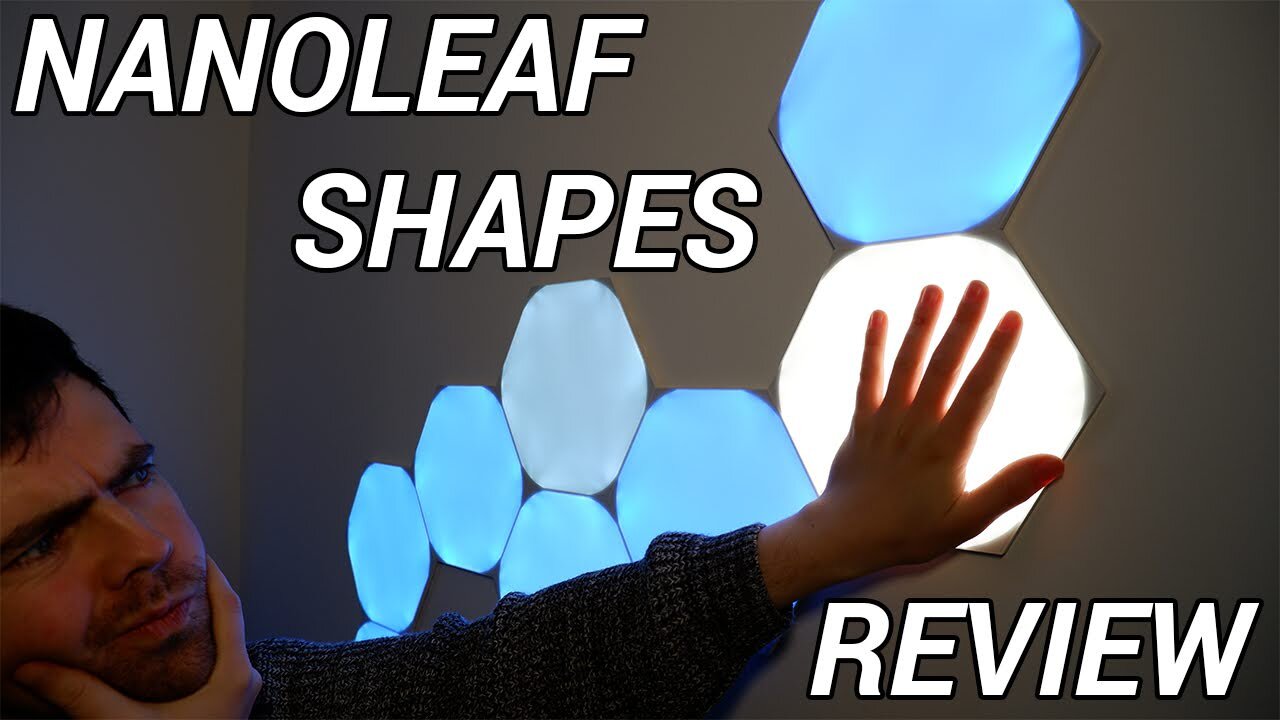
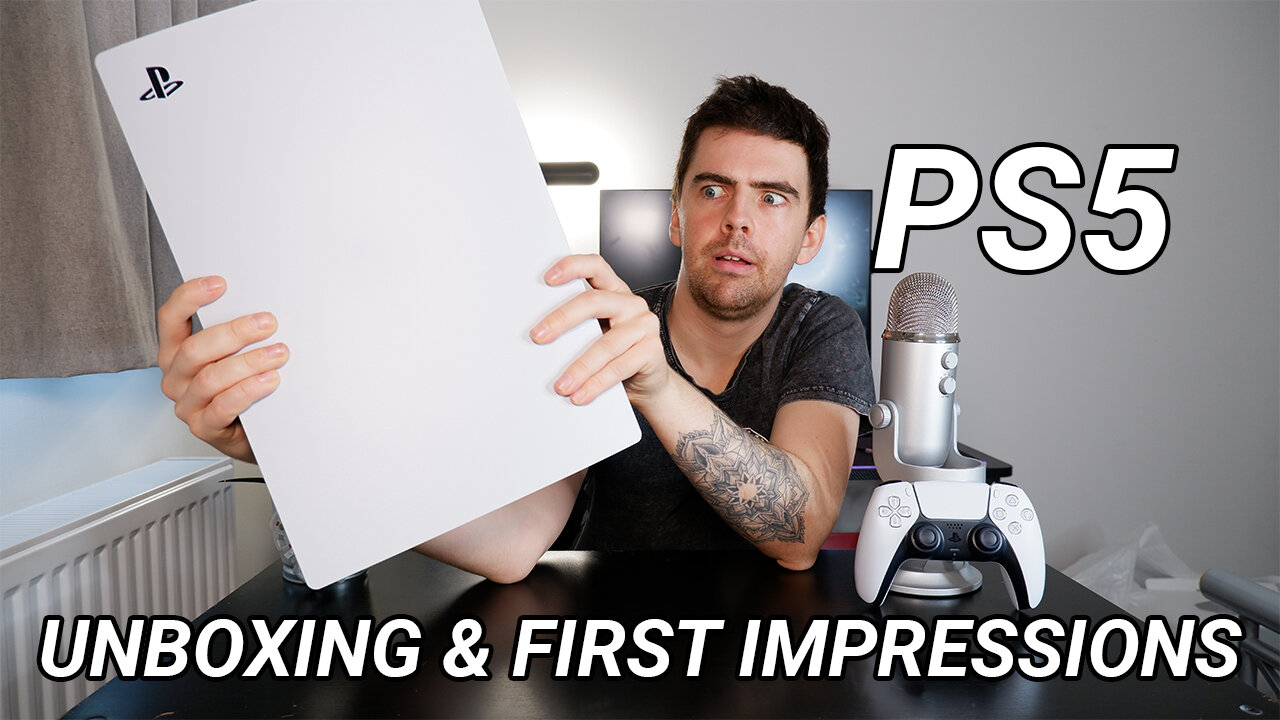
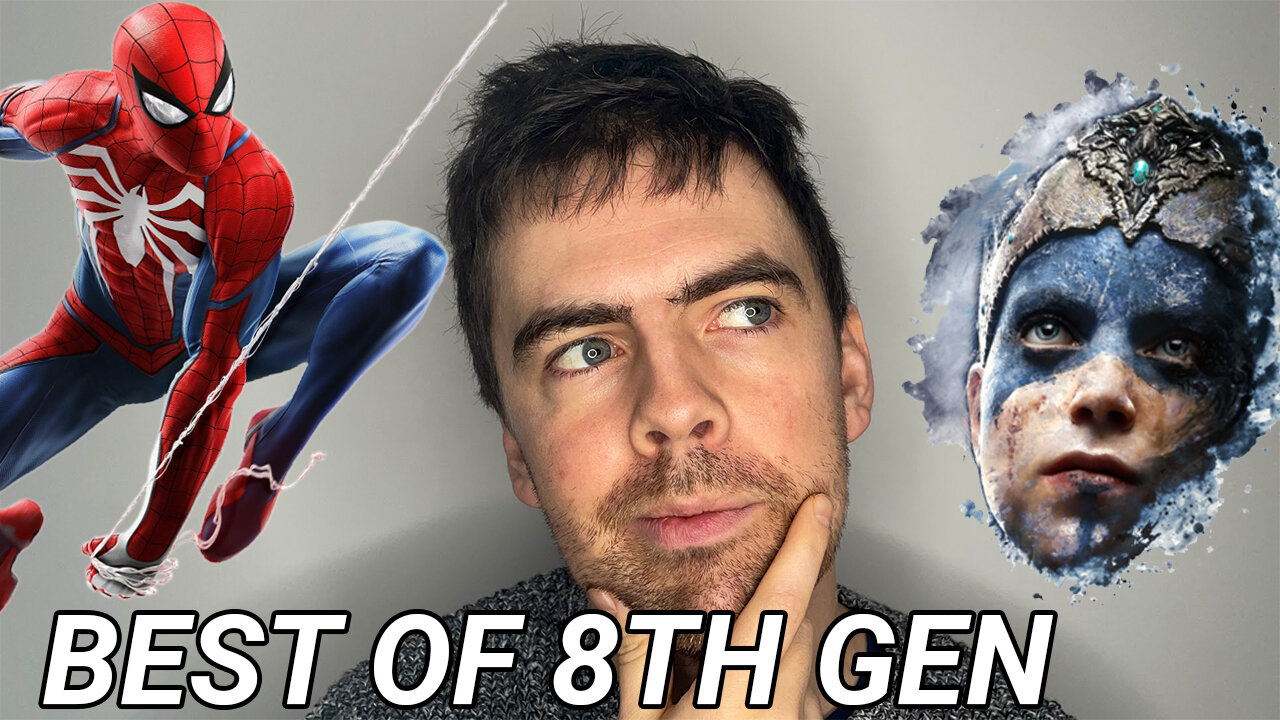



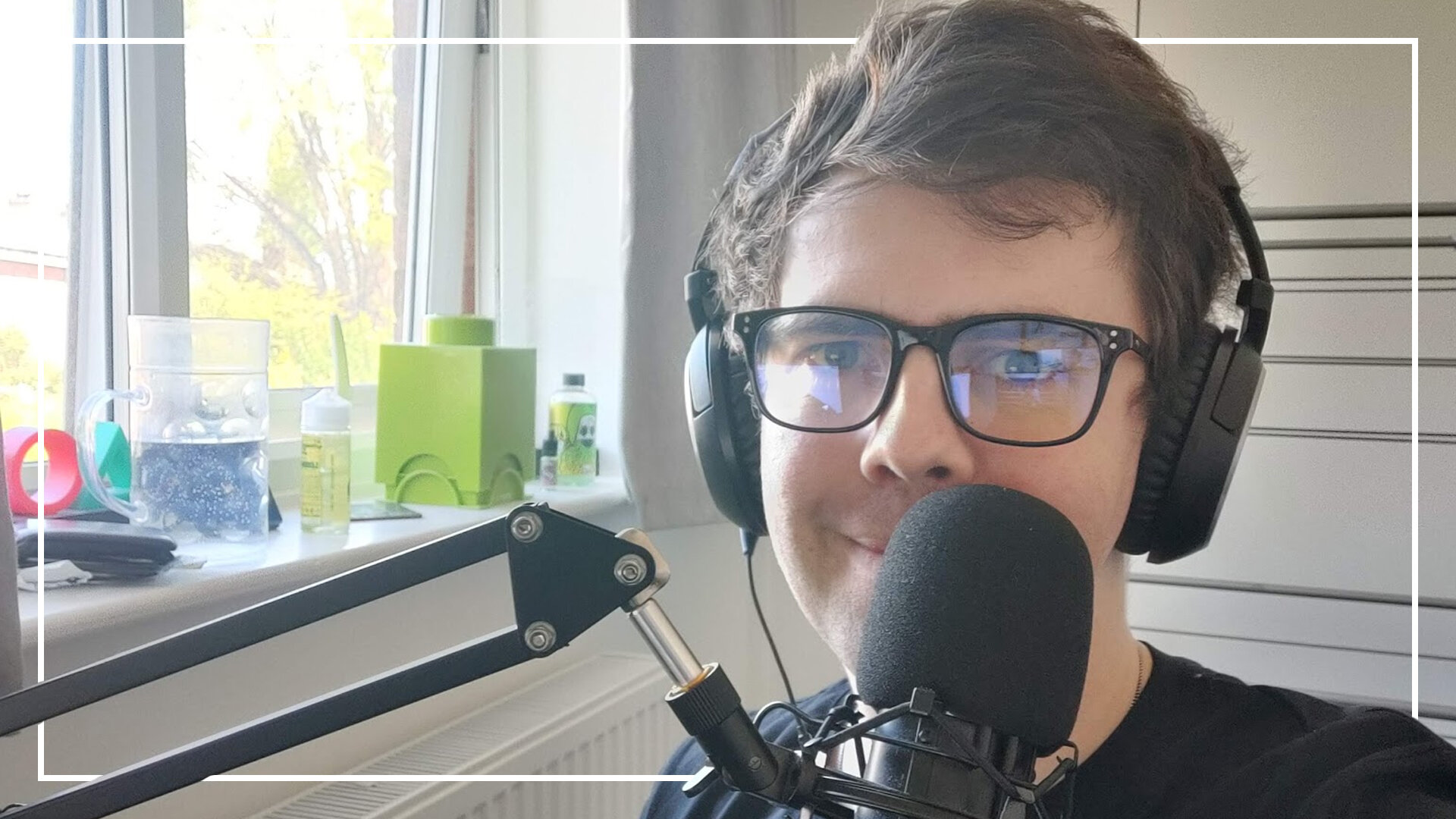
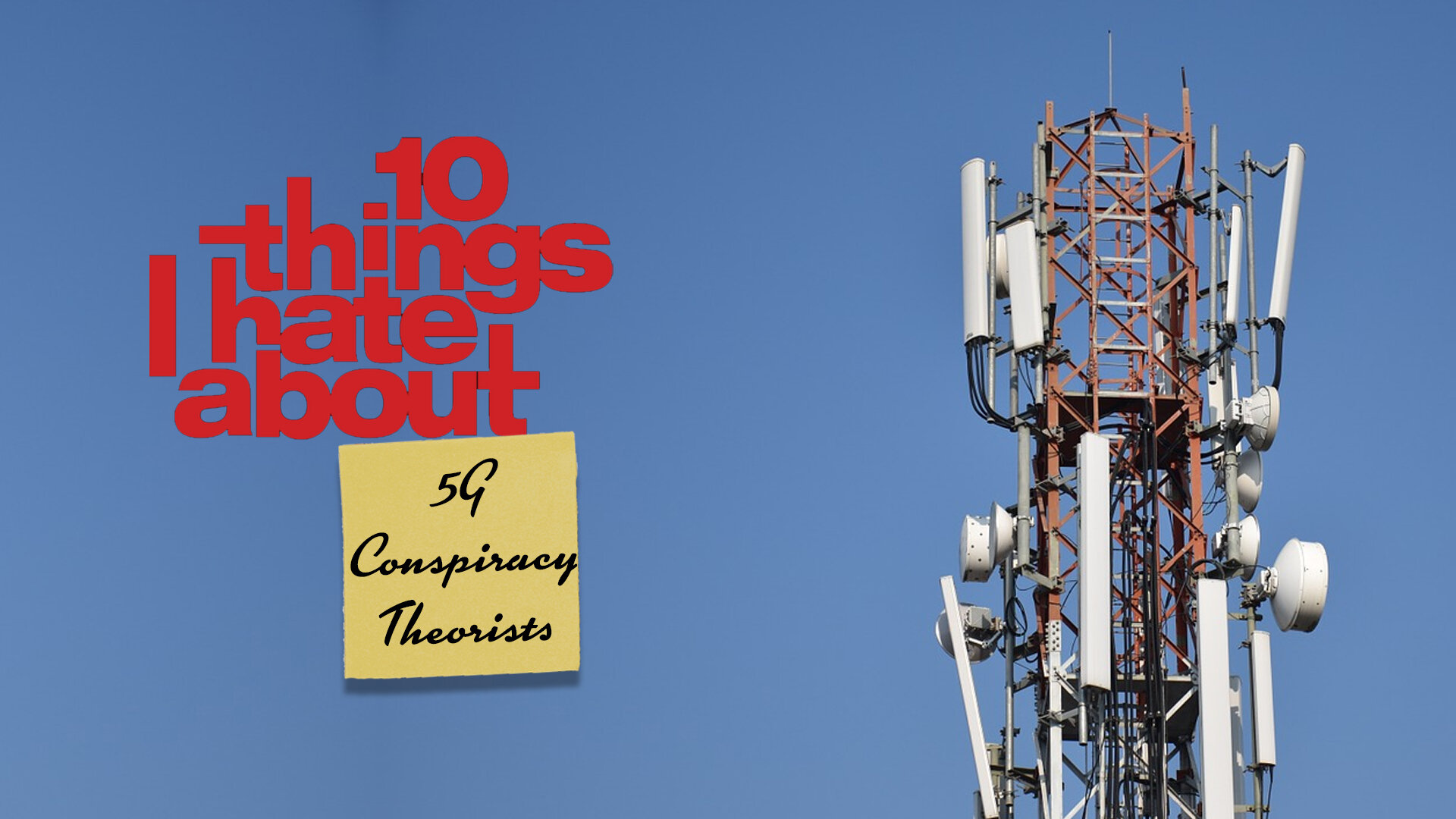
Alongside the scientists, 50% of the British public and the future health of young people across the nation, I have one simple request: delay Freedom Day, please.